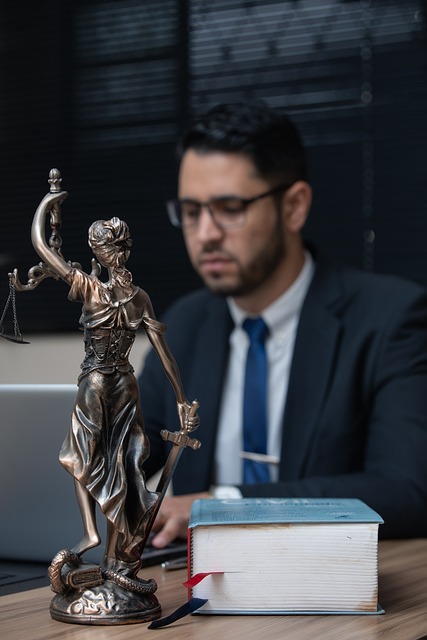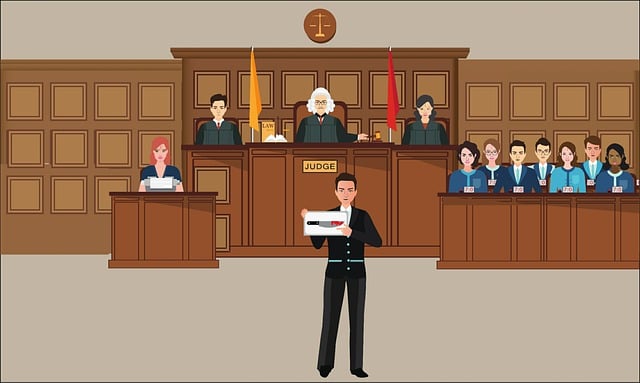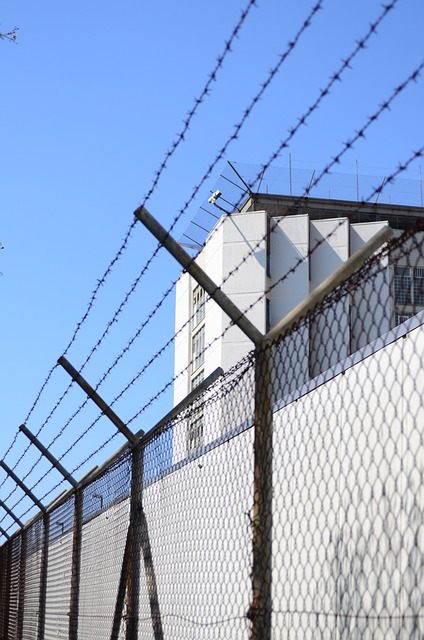Driving under the influence (DUI) laws worldwide vary significantly, impacting tourists' defenses. Researching local BAC thresholds and penalties is crucial. Advanced technologies like drones, AI facial recognition, and data analytics empower law enforcement to identify at-risk drivers, reducing accidents and saving lives. For DUI defense lawyers, understanding vehicle automation and connected cars is vital for navigating evolving road safety cases. Tourists must protect their data privacy under varying global protection laws, as compromised data could affect legal standing. Technology assists in DUI defense: advanced analytics reveals biases, VR recreates scenarios, and mobile apps provide instant access to legal aid and translations. Blockchain technology enhances transparency and security during foreign legal processes.
In the digital age, technology’s role in law enforcement is evolving rapidly. This article explores how tech solutions are reshaping the landscape of DUI (Driving Under the Influence) defense globally. We delve into the variations in DUI laws worldwide and analyze the impact of emerging technologies on enforcement. Additionally, we provide insights for tourists seeking to navigate legal complexities with tech-assisted strategies while addressing data privacy and security concerns. By understanding these trends, international travelers can better protect themselves through informed decision-making regarding DUI defense options.
- Understanding DUI Laws and Their Global Variations
- The Impact of Technology on DUI Enforcement
- Future-Proofing Your Defense: Emerging Tech Trends
- Data Privacy and Security Concerns for International Travelers
- Case Studies: Successful Tech-Assisted DUI Defense Strategies
- Navigating Legal Landscapes: Tips for Tourists Using Tech Solutions
Understanding DUI Laws and Their Global Variations

Driving under the influence (DUI) laws vary significantly around the globe, posing challenges for tourists who may find themselves behind the wheel in foreign countries. Understanding these variations is crucial for anyone planning to drive internationally, as it directly impacts their legal rights and potential consequences. While many nations follow a similar framework based on blood alcohol content (BAC) levels, specific thresholds and penalties differ vastly. For instance, some countries have stricter regulations with lower BAC limits, while others may employ alternative methods of impairment assessment.
When visiting different countries, tourists must be aware that their DUI defense for tourists might vary substantially from what they’re accustomed to at home. This can include differences in evidence collection procedures, legal definitions of intoxication, and available defenses. Therefore, it’s essential for travelers to research and familiarize themselves with local laws before driving, ensuring they understand the potential risks and repercussions to make informed decisions.
The Impact of Technology on DUI Enforcement

The advancement of technology has significantly transformed various sectors, and law enforcement is no exception. In particular, the implementation of innovative tech solutions has revolutionized DUI (Driving Under the Influence) enforcement, making it more efficient and effective. With the rise of mobile applications and advanced data analytics, authorities can now swiftly identify and target at-risk drivers, potentially saving lives and reducing accidents caused by alcohol or drug impairment.
One notable application is the development of sophisticated sensor technologies and drones that assist in remote monitoring and accurate location tracking. These tools enable law enforcement to locate and stop suspected DUI offenders, offering a significant advantage over traditional methods. Additionally, AI-powered facial recognition systems aid in identifying intoxicated drivers during traffic stops, while real-time data sharing platforms facilitate seamless cooperation between different agencies, ensuring swift action against DUI defense for tourists and local residents alike.
Future-Proofing Your Defense: Emerging Tech Trends

In today’s rapidly evolving tech landscape, future-proofing your legal strategies is more crucial than ever, especially in fields like DUI defense for tourists. Emerging technologies are constantly reshaping how law enforcement approaches and manages cases, from advanced data analytics enhancing investigation capabilities to innovative legal software streamlining court processes. For DUI lawyers, this means staying abreast of developments in vehicle automation and connected cars, as these could significantly alter the dynamics of road safety cases.
For instance, autonomous vehicles introduce complex questions about driver responsibility and liability in the event of an accident. As electric and self-driving car sales surge, understanding how these technologies affect DUI laws is vital for effective defense strategies. Additionally, leveraging data analytics can help predict traffic patterns and identify high-risk areas, enabling proactive approaches to drunk driving enforcement.
Data Privacy and Security Concerns for International Travelers

As global travel becomes increasingly accessible, so do the complexities surrounding data privacy and security for international travelers. With various countries having differing data protection laws, tourists can inadvertently expose themselves to significant risks when sharing personal information online. For instance, a tourist using their smartphone while abroad might unknowingly download an app that tracks their location and browsing habits, exposing their data to potential unauthorized access.
This raises critical concerns, especially in the context of DUI defense for tourists. If personal information falls into the wrong hands, it could compromise not just an individual’s privacy but also their legal standing during a foreign trip. Understanding and adhering to local data protection regulations is essential for travelers to safeguard their sensitive data. It’s a complex landscape that requires international cooperation and standardized protocols to ensure global travelers’ rights and safety in this digital age.
Case Studies: Successful Tech-Assisted DUI Defense Strategies

In today’s digital age, technology plays a pivotal role in shaping legal strategies across various sectors, and DUI defense is no exception. Successful case studies have demonstrated how tech-assisted approaches can revolutionize this field, particularly when it comes to DUI Defense for Tourists. One notable example involves using advanced data analytics to uncover potential biases in sobriety testing methods, providing powerful arguments for the accused. By analyzing large datasets, legal teams can identify patterns and inconsistencies, challenging the reliability of evidence and ultimately strengthening the defense.
Additionally, virtual reality (VR) simulations have proven effective in DUI cases. These immersive technologies allow lawyers to recreate scenarios, giving tourists a chance to experience first-hand the effects of impairment. Such innovative approaches make complex legal arguments more accessible and engaging for both judges and juries, potentially leading to more favorable outcomes for those facing DUI charges while visiting new places.
Navigating Legal Landscapes: Tips for Tourists Using Tech Solutions

Navigating legal landscapes can be a daunting task, especially for tourists who are unfamiliar with the jurisdiction they’re visiting. With the rise of technology, various solutions have emerged to assist individuals in managing their legal affairs while traveling. For instance, mobile apps offering legal documentation and translation services prove invaluable when dealing with foreign laws. These tools enable tourists to access essential information regarding local regulations, minimizing the risk of unintentional legal pitfalls.
When it comes to scenarios like DUI (Driving Under the Influence) defense for tourists, tech solutions offer a critical line of support. Real-time communication platforms facilitate quick connections with legal professionals in different regions, ensuring immediate assistance during emergency situations. Additionally, blockchain technology can enhance transparency and security in legal processes, benefiting tourists seeking protection under foreign laws.
As technology continues to evolve, understanding and navigating DUI laws globally becomes increasingly complex. For tourists, leveraging tech solutions offers a strategic advantage in managing their DUI defense. By staying informed about emerging trends, prioritizing data privacy, and learning from successful case studies, individuals can future-proof their legal strategies. When traveling internationally, it’s crucial to adapt to local regulations while utilizing technology to enhance due process and protect rights, ensuring a more equitable and efficient DUI defense experience for all.






